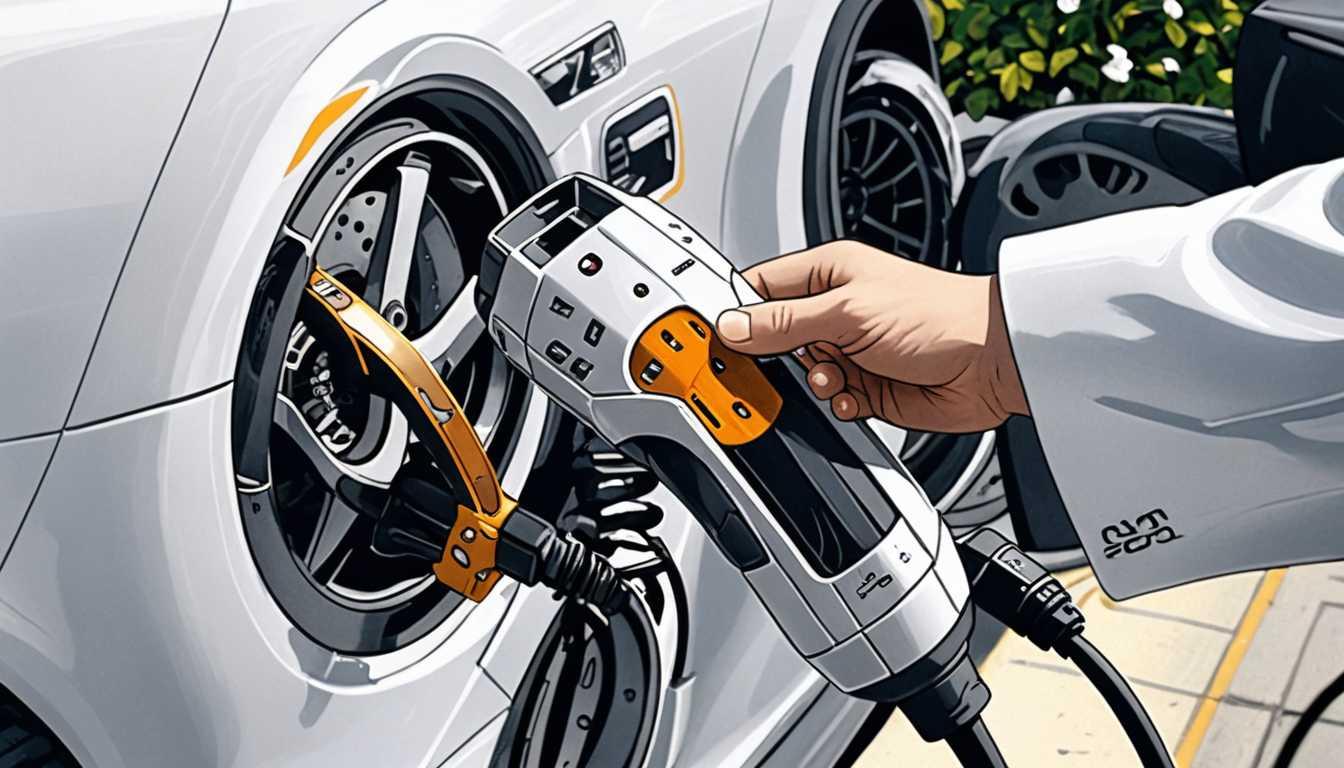Charting a Greener Course: Shipping's Future
July 2023
MIT Technology Review
Introduction
Dive into the world of global shipping with a splash! MIT Technology Review's latest piece isn't just about boats; it's about revolutionizing the entire shipping industry by 2050. With the International Maritime Organization setting sail towards net-zero emissions, discover how slowing down ships and harnessing the wind could drastically cut down pollution. And that's just for starters; alternative fuels like ammonia and methanol are on the horizon. Ready to embark on a journey to cleaner seas? This article is your ticket aboard!
READ FULL ARTICLEWhy It Matters
Discover how this topic shapes your world and future
Charting a Greener Course
Imagine a world where the massive ships that transport your favorite gadgets, clothes, and even the ingredients for your meals don't harm the planet. With the International Maritime Organization (IMO) setting ambitious targets to reduce shipping emissions to net-zero by around 2050, this vision could become a reality. This matters because the shipping industry, often seen as difficult to make more environmentally friendly, plays a huge role in global trade but also contributes significantly to greenhouse gas emissions. The journey to cleaner shipping involves exciting technologies and innovations, from slowing down ships to using alternative fuels like ammonia and methanol. Understanding how common chemicals and new technologies can clean up global shipping is not just about protecting the environment; it's about reshaping the future of how goods are moved around the world in a sustainable way. This topic could inspire you to think about the impact of global trade on the environment and explore innovative solutions for a greener planet.
Speak like a Scholar
Net-zero emissions
Achieving a balance between the greenhouse gases put into the atmosphere and those taken out. Think of it as the environmental equivalent of not spending more money than you earn.
Greenhouse gas emissions
Gases like carbon dioxide and methane that trap heat in the earth's atmosphere, leading to global warming. Imagine wrapping the Earth in a thick blanket on a hot summer day.
Decarbonize
Reducing or eliminating carbon dioxide emission. It’s like going on a diet, but for ships, to cut down on their carbon footprint.
Alternative fuels
New or unconventional fuels that aren’t widely used today, like ammonia or methanol, used to reduce reliance on fossil fuels. Picture a car that runs on coffee instead of gasoline.
Fossil fuels
Natural fuels such as coal, oil, and natural gas formed from the remains of ancient plants and animals. These are the traditional “snacks” for machines, which unfortunately leave a mess behind.
Fuel cells
Devices that generate electricity through a chemical reaction between hydrogen and oxygen, without combustion. Think of it as a magic box that creates power and only leaves water behind.
Independent Research Ideas
The Role of Slow Steaming in Reducing Shipping Emissions
Investigate how reducing the speed of ships can significantly lower fuel consumption and emissions, and explore the potential challenges and benefits of implementing slow steaming globally.
Ammonia as a Green Fuel Alternative for Ships
Examine the viability of ammonia as a non-carbon-based fuel for the shipping industry, including its production, storage, and environmental impacts. This topic dives into chemistry and environmental science.
The Impact of Alternative Ship Coatings on Fuel Efficiency
Explore how innovative coatings can reduce water resistance and improve fuel efficiency in ships. This project combines elements of physics, chemistry, and environmental engineering.
Methanol as a Sustainable Fuel Option
Research the process of creating bio-methanol from renewable sources and its potential as a low-emission fuel for shipping. This investigation blends biology, chemistry, and environmental studies.
The Future of Battery-Powered Ships
Analyze the current limitations and future potential of using battery technology for powering ships, considering energy density, weight, and the environmental costs of battery production. This topic merges physics, environmental science, and technology studies.
Related Articles

Ammonia: Fueling Tomorrow's Transport
June 2023
MIT Technology Review

Cooling Chaos: How AC Affects Our Grid
August 2024
MIT Technology Review

Fast Charge: The EV Game Changer
August 2023
MIT Technology Review

Water: The Future of Battery Safety
September 2023
MIT Technology Review

Light: The Surprising Evaporator of Water
June 2024
MIT Technology Review